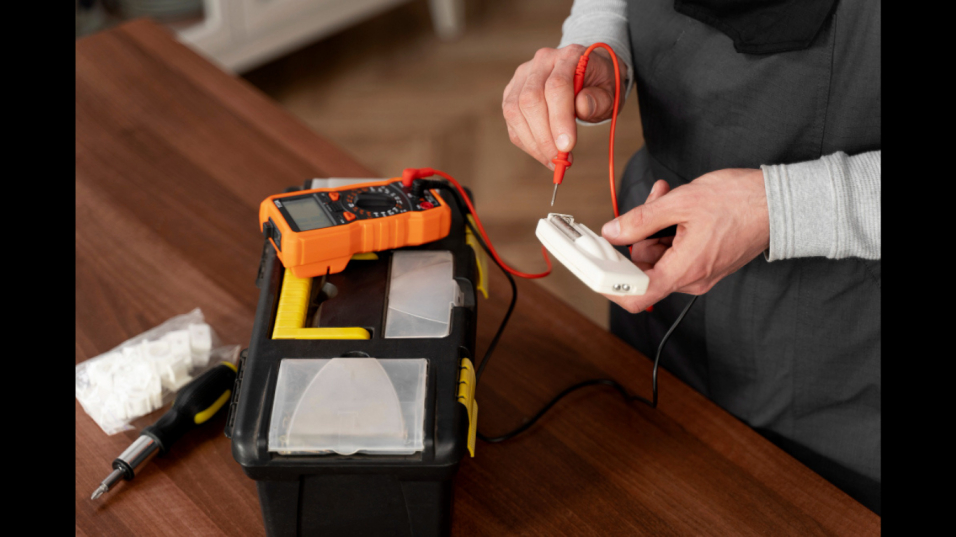Studying abroad is one of the most rewarding experiences a student can have. It opens doors to global opportunities, builds cultural awareness, and helps you grow both personally and professionally. But for many, the biggest challenge isn’t choosing the destination — it’s figuring out how to afford the journey. Between tuition, living expenses, travel costs, and exchange rates, it’s easy to feel overwhelmed.
But this guide can make this journey smoother. Here you’ll find tips on how to budget, save, and manage your money wisely so you can make your study abroad dream a reality.
Start Planning Early and Set a Realistic Goal
The first step toward studying abroad is developing a solid financial plan. Research the total cost of your desired program. Don’t just consider the tuition fees. Take into account the cost of accommodation, travel, meals, insurance, and local transportation. Each destination has a different cost of living, so be sure to factor that in as well.
Once you have an estimate, set a clear savings goal and see how much you can save each month or each week.
You can also look for ways to earn extra money while saving, such as part-time work or small freelance projects. The earlier you start, the easier it will be to reach your goal without cutting corners later.
Understand the Taxes
Before you pack your bags, make sure you understand the tax implications of moving abroad. U.S. citizens and long-term residents may face an exit tax, also called the expatriation tax, if they renounce their citizenship or give up permanent residency. While most students won’t fall into this category, it’s still important to know how international tax laws may apply to your situation.
Explore Scholarships and Grants First
Start your search early, as many programs have strict deadlines. Write strong applications that highlight your achievements and future goals. Tailor each application to show how studying abroad fits into your academic and career plans. Even if a scholarship doesn’t cover everything, every bit of financial aid reduces what you need to save.
Budget for Currency Exchange and International Fees
When saving for your program, remember that exchange rates and bank fees can affect how far your money goes. The value of your home currency may fluctuate, which can impact your budget in another country. Research the average exchange rate for your destination and keep an eye on market trends as you get closer to departure.
Some banks charge foreign transaction fees or ATM withdrawal costs abroad. To avoid losing money to fees, consider opening an account with a bank that offers low or no foreign transaction charges. Using international budgeting apps can also help you track spending in multiple currencies and adjust your plan when needed.
Reduce Everyday Expenses at Home
One of the smartest ways to grow your study abroad fund is by cutting back on unnecessary spending before you leave. Review your monthly expenses to see where you can make small but meaningful adjustments. Cooking more meals at home instead of eating out can save a significant amount over time. You can also cancel unused subscriptions or memberships, like streaming services or gym plans you rarely use.
Find Part-Time Work or Freelance Opportunities
If your student visa allows you to work during your studies abroad, explore local job opportunities once you arrive. On-campus jobs or internships related to your field are excellent choices. They offer experience while helping you cover day-to-day expenses. Before applying for any role, check your visa conditions and local labor laws to make sure you’re allowed to work.
Review and Adjust Your Financial Plan Regularly
Your financial situation may change before and during your time abroad. Tuition costs, currency rates, and living expenses can fluctuate. Reviewing your budget monthly helps you stay on track. Adjust your spending if you notice you’re going over budget or not saving enough.
You can use budgeting apps to monitor expenses or create a simple spreadsheet to record your income and spending. Make it a habit to check where your money is going and whether you’re meeting your savings goals. A flexible plan ensures you can handle unexpected costs without derailing your progress.
When you finally set foot in your new city, you’ll carry more than just your luggage — you’ll carry confidence built from discipline and planning. Studying abroad isn’t just a financial investment; it’s an investment in your growth, your perspective, and your future.
Article received via email































